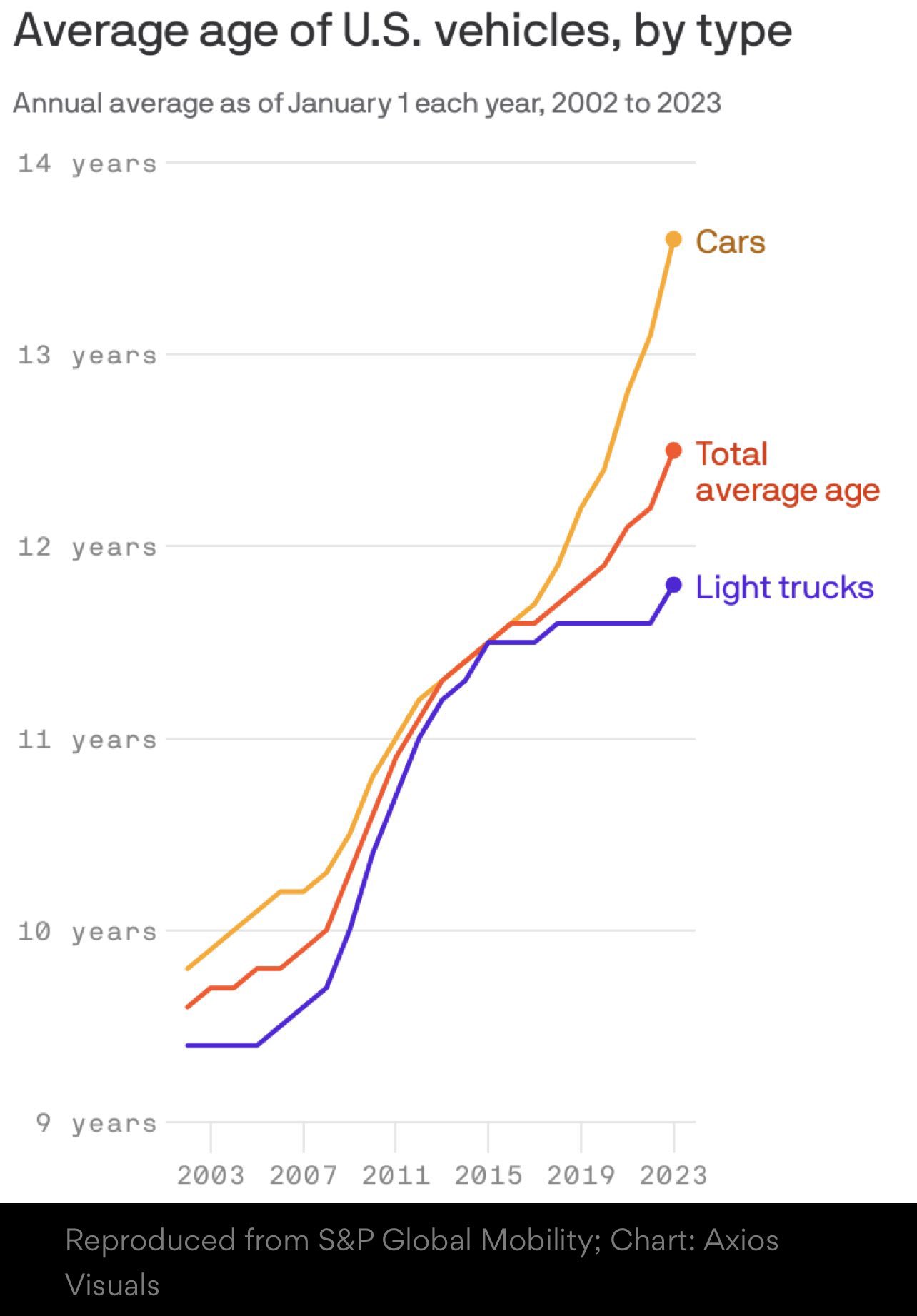An EV battery experiences a loss of capacity of about 1.8% per year on average. This means a gradual reduction in the vehicle's original range, but it's hardly a catastrophic failure. After 20 years on the road, an EV could still keep about 64% of its initial range - a surprisingly practical number for many drivers.
Nah. Losing 36% of range is quite a lot. That's the safety buffer I depend on.
Over buying capacity by an extra 1/3rd is either noticeably more expensive, or just not available yet.

